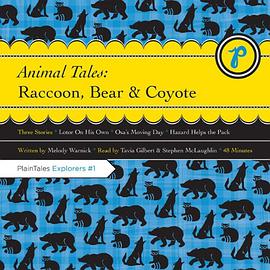

具體描述
Agriculture has a small, and declining, importance in employment and income generation within the EU, but a political importance well beyond its economic impact. The EU's common agricultural policy (CAP) has often been the source of conflict between the EU and its trade partners within first the GATT, and then the WTO. In the Doha Round agriculture was again a sticking point, resulting in setbacks and delays. The position of the EU is pivotal. Due to the comparatively limited competitiveness of the EU's agricultural sector, and the EU's institutionally constrained ability to undertake CAP reform, the CAP sets limits for agricultural trade liberalization blocking progress across the full compass of the WTO agenda. Therefore, the farm trade negotiation, with the CAP at its core, is the key to understanding the dynamics of trade rounds in the WTO. The book, written by a political scientist and an agricultural economist, applies theory on ideas to explain how the agricultural sector came to be included in the Single Undertaking that resulted in the Uruguay Round agreements, and how this led to a dynamic interplay between CAP reform and the possibility of further agricultural trade liberalization within the WTO, thereby providing useful insights into international trade relations.
著者簡介
圖書目錄
讀後感
評分
評分
評分
評分
用戶評價
相關圖書
本站所有內容均為互聯網搜索引擎提供的公開搜索信息,本站不存儲任何數據與內容,任何內容與數據均與本站無關,如有需要請聯繫相關搜索引擎包括但不限於百度,google,bing,sogou 等
© 2025 book.quotespace.org All Rights Reserved. 小美書屋 版权所有




















